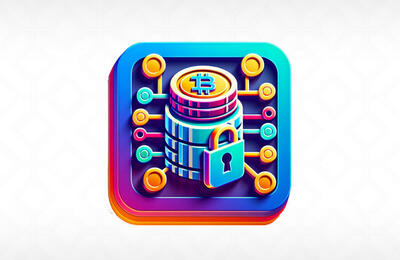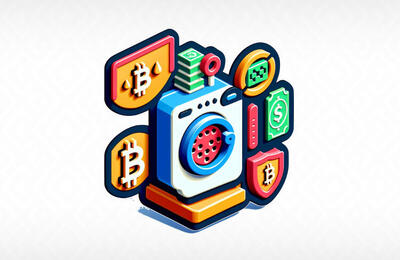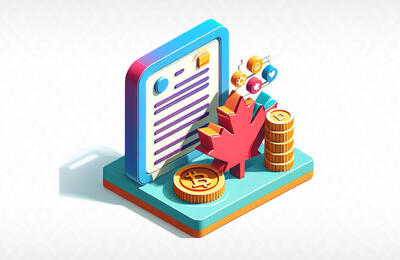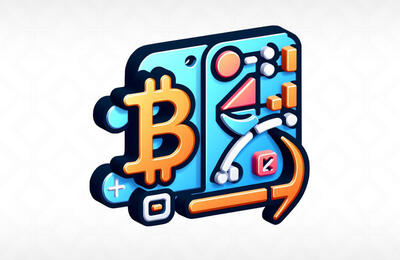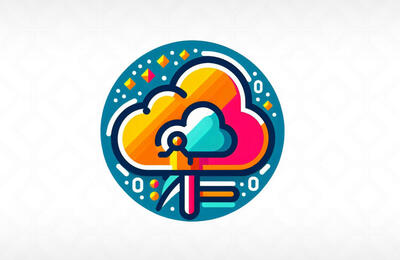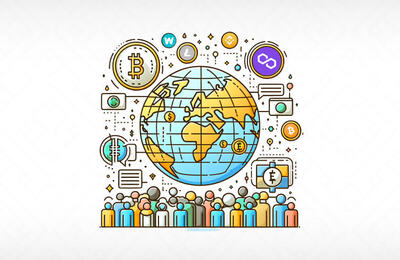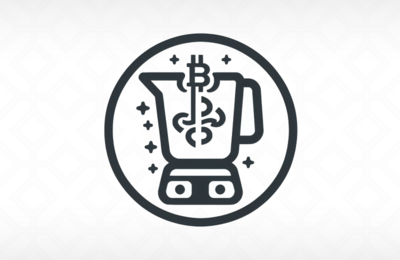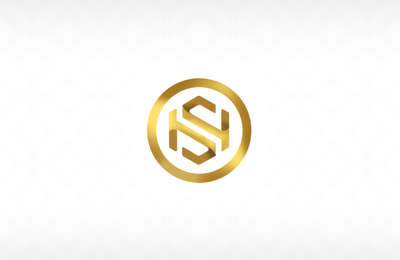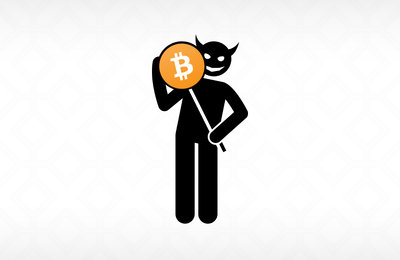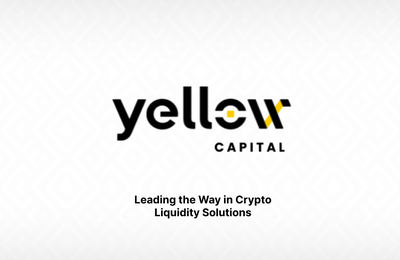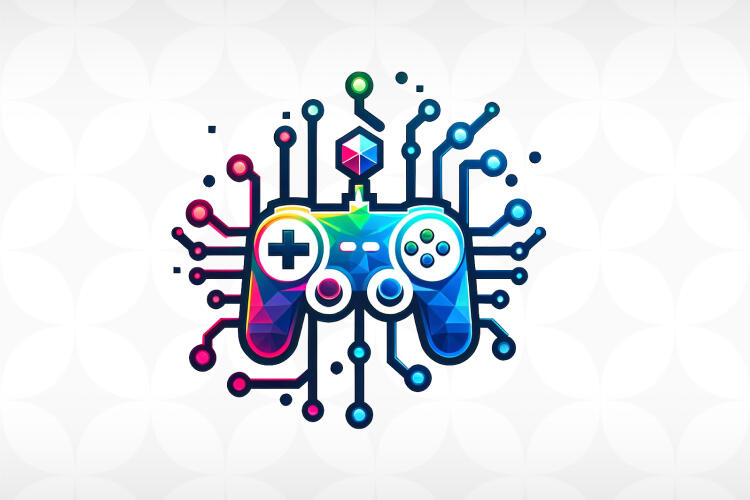
Revolution, they say, is the engine of history. And nowhere is this truer than in the online gaming sector—blockchain technology is the revolution here. Forging a fresh period of unprecedented transparency and trust, this is a digital renaissance where players truly own their virtual assets. And that’s just the beginning of what’s possible courtesy of the crypto-adjacent tech.
To really get into the good stuff where gamers are concerned, here’s a look at five advanced blockchain technologies that are sending a surge of intrigue and engagement through the entire industry.
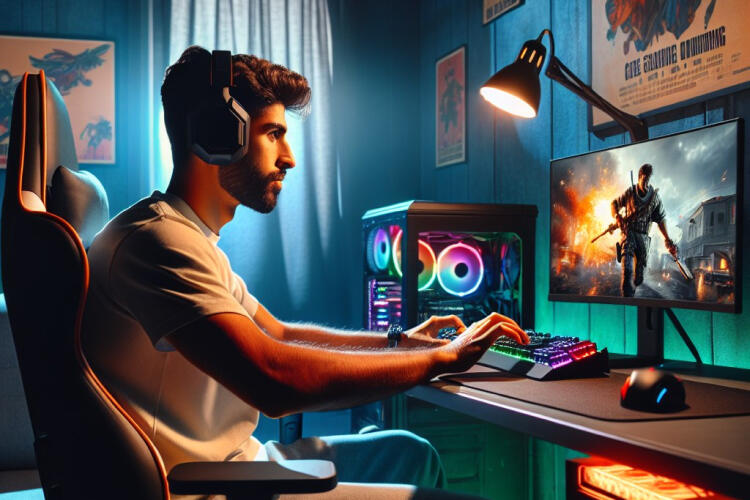
The Genesis Block of Gaming Economies
The global online gaming market size is projected to reach $282 billion by the close of 2024, and $363 billion by 2027. In this context, blockchain’s role in facilitating growth is a small but significant one. In particular, it’s a pivotal technology by which the decentralized gaming economy is made possible.
The blockchain embeds economic viability directly into games through cryptocurrencies and non-fungible tokens (NFTs). It allows players to earn, buy, and sell in-game assets with real-world value. This isn't just play money, but instead a fully-fledged economy where every sword swing and strategic move could have tangible financial repercussions.
Developers can create scarce digital items that players can truly own, transport across game worlds, or trade on open markets. These economies mimic the supply-and-demand dynamics found in the real world but operate within the expanding realms of virtual experiences. And because these transactions are recorded on an immutable ledger, trust is intrinsic — a promise that traditional gaming platforms simply couldn't keep before blockchain entered the equation.
Sealing Trust with Provably Fair Play
All online games have to be founded on a principle of fairness, or else they won’t win over the playerbase they need to survive. But certain niches, in particular casino sites, have a lot of catching up to do in this regard. A survey by the UK Gambling Commission found that just 39% of players perceive games of chance as fair, which is where the provably fair algorithms based on the blockchain rise up to answer to this demand for integrity.
These ingenious protocols use cryptographic methods to ensure that game outcomes can be verified for transparency and randomness. It’s a little like allowing players behind the scenes, granting them power to audit each spin, card dealt, or number called—should they choose to do so.
This assurance resonates deeply within games like Slingo Bingo Slots, where chance and strategy intertwine. So when people play Slingo Games online via platforms like bingoslot.com, they can be confident that each game is operating honestly—each roll of the reels as random as if it were tumbling in a physical machine.
The blockchain doesn't just seal this trust; it serves as an immutable witness to it. For enthusiasts and casual players alike, these provable fairness technologies mean more than fair play—they symbolize a potentially rewarding opportunity where luck meets legitimacy on equal footing.
Smart Contracts Sealing Deals in Interactive Ecosystems
The negotiation table has gone digital, and it’s more efficient than ever. Smart contracts are the linchpins of blockchain's impact on online gaming; these are self-executing contracts with the terms directly written into lines of code, stored and replicated on the blockchain, and supervised by a network of computers. And with the market anticipated to top $8 billion by the end of the decade, they’re more than just a footnote.
What does this mean for gamers? Let’s say you’re entering a tournament where the prize distribution is encoded into a smart contract. Victory guarantees your reward is delivered instantly and irrevocably—no middleman, no delay, no dispute. It’s transactional transparency turned up to eleven.
For developers, smart contracts provide an environment to create complex rule sets for games that execute automatically based on player actions or in-game events. Whether it’s an intricate MMORPG (Massive Multiplayer Online Role-Playing Game) where governance can shift with the whim of its constituents or a simple puzzle game rewarding daily participants, the rules are immutable and known to all from day one.
These unbreakable digital agreements open new avenues for creativity and fairness in gaming while also addressing some age-old trust issues between players and developers. Just as engines transformed transportation, smart contracts are reshaping the landscape of digital play—making every byte count in ways we never imagined possible.
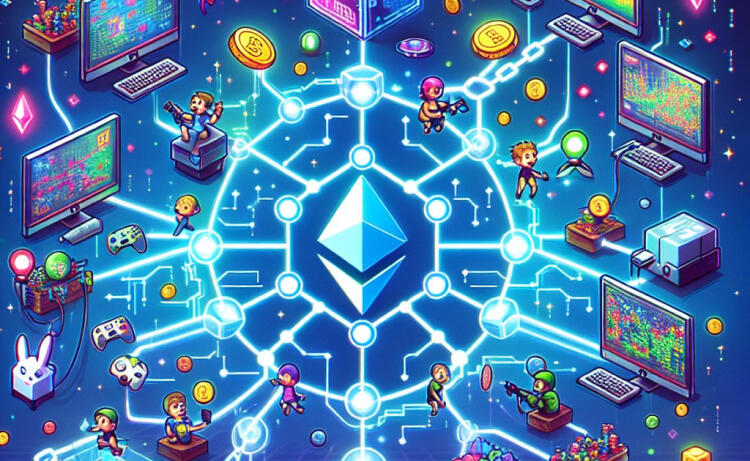
Bridging Virtual Worlds via Blockchain’s Interoperability
Another primary perk of blockchain tech is its ability to make gaming worlds interoperable in a way we’ve never seen prior to its inception. This basically allows for assets and identities to traverse seamlessly across different game environments, no longer imprisoned within a given world or server. It means that your digital persona and hard-earned loot can now travel with you, rather than being tethered to a title that isn’t yours to control.
Imagine the possibilities when the armor crafted in one fantasy realm bolsters your avatar's defense in another battle, miles across the virtual multiverse. Interoperability not only makes this possible but also encourages a cross-pollination of gaming communities.
Developers are taking note, designing games that don't operate in silos but rather as part of an interconnected digital ecosystem. And given that cosmetics like in-game skins are part of a $50 billion market, there’s a financial incentive to make this work for all involved.
Decentralized Autonomous Organizations Providing Power to the Players
Decentralized Autonomous Organizations, or DAOs, are rewriting the rulebook of online gaming governance. These entities run on blockchain technology, allowing collective decision-making power with a level of democracy previously unseen in virtual worlds.
In a DAO-driven game, every major update or rule change is put to a community vote. Ownership shares are often represented by tokens, giving players actual stakes in the world they invest time and skills into. It's no longer about submitting to the whims of an almighty game developer—players now have a voice and a vote.
This shift drives engagement through ownership, as players literally buy into their digital universe. Game development becomes a communal effort—and people are no longer pawns, but serious stakeholders.
The Last Word
Before you browse elsewhere, take with you the idea that blockchain is the up and coming protagonist in online gaming's twisty tale of ongoing evolution. These technologies herald an exciting chapter where fair play, economic autonomy, seamless experiences, and democratic governance are not perks but standards. It’s a future worth celebrating, whichever side of the table you sit at.


